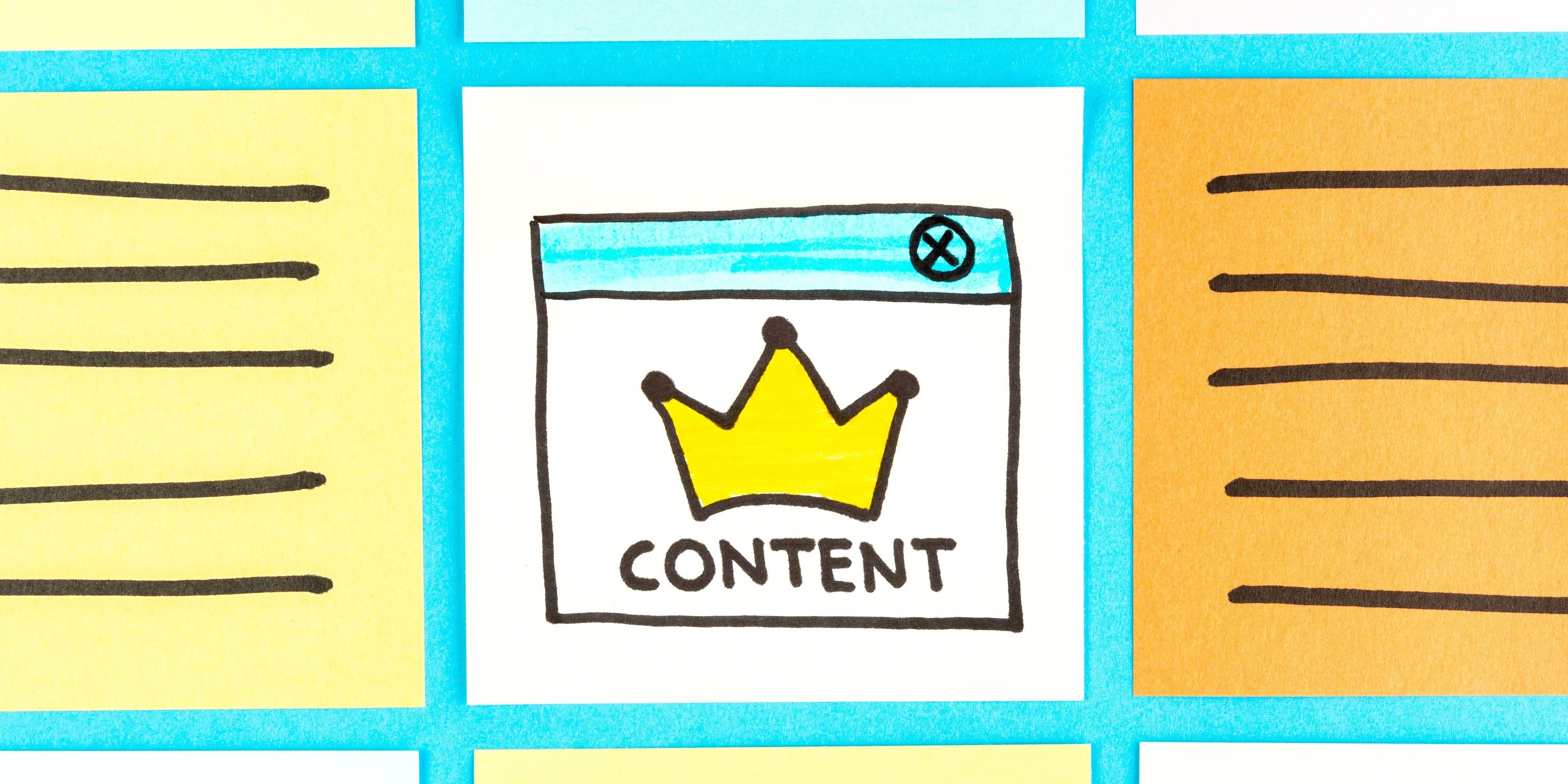Benefits of Using a Content Calendar and 7 Things to Make It Awesome
Content creation can be a robust process depending on the amount of content you are publishing during a set timeframe. To keep your process organized...
2 min read
Kathleen O. Celmins
:
March 11, 2015

 Whenever we start working with a new client, one of the first things we do is establish an editorial calendar. It's a great way to show everyone who has an interest in the blog's content what they can expect for the weeks and months ahead.
Whenever we start working with a new client, one of the first things we do is establish an editorial calendar. It's a great way to show everyone who has an interest in the blog's content what they can expect for the weeks and months ahead.
See also: 10 ways a calendar will improve your marketing strategy
In addition to creating a schedule of when each article will run, who is writing it, and what the topic is, the editorial calendar serves as a way to:
Our editorial team tries to have four weeks worth of content on hand at all times. When we get below that point, we send out a call for articles and ask each writer if they can send something within the next week.
A calendar helps you plan content around holidays and special occasions—so you can write articles around a theme, or avoid using premium content on that day. Themes can be seasonal, or they can be associated with a campaign, where the goal is to convert visitors to leads.
The calendar makes it easy to see if you are maintaining a balance of topics and authors. You can do a periodic count and compare the results to your content strategy to make sure you are on track.
You should already have a list of keywords on which you focus for search optimization. You can use the editorial calendar to keep that balance in check. In addition, you can develop a strategy to “own” a new long tail keyword and plot your campaign on the editorial calendar.
It’s hard to believe that the structure can help you be creative, but it’s true! When you are not in a panic to figure out what you’ll post on a given day, you have time to plan for the future. You can spend your time writing a new post, orchestrating a new campaign, developing a new download or pulling together content to repurpose.
Yes, the calendar allows for the ultimate flexibility too. If there is breaking news you want to piggyback on (we call that newsjacking), you can put the plan on hold, and use what’s going on in the world to drive people to your site.
An editorial calendar keeps you from constantly scrambling to “find” content and helps you focus on the future by keeping you organized. Your calendar provides the structure to pack more into your week while keeping you focused on the big picture, your overall content strategy.
Tell me about your editorial calendar. What do you track? How far in advance do you plan? And what makes it a valuable tool for you?

Content creation can be a robust process depending on the amount of content you are publishing during a set timeframe. To keep your process organized...

1 min read
It’s every salesperson’s biggest challenge. How to get in front of more qualified decision-makers. Everyone needs more opportunities going into the...
%20Thought%20Leadership%20Drives%20Lead%20Generation.png)
You’ve likely heard of thought leadership or been told that it’s a great way to be viewed as an expert in your chosen field. But have you ever...